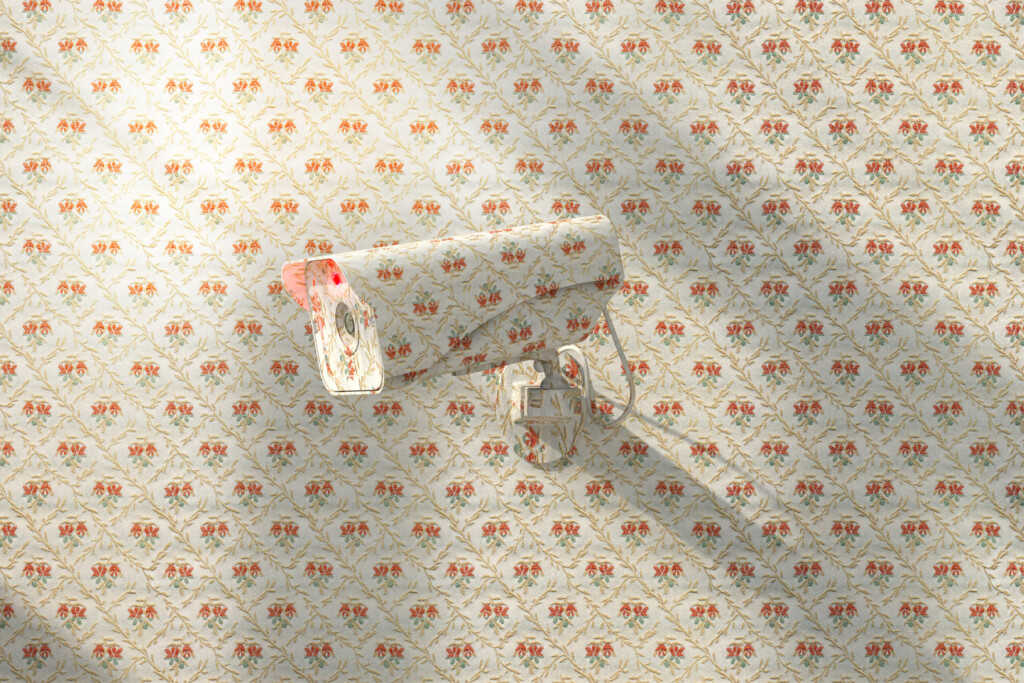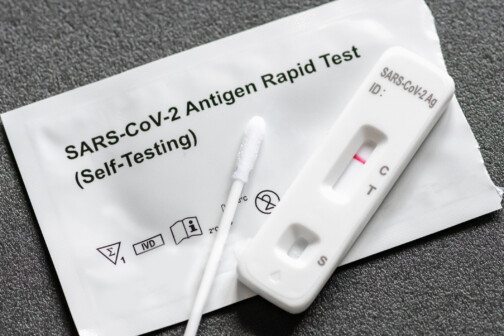Last Tuesday, a man walked into a Methodist Health System clinic in Cedar Hill where his ex-girlfriend worked with a long rifle. His ex-girlfriend was working at the time of the attack, and he allegedly shot a physician before fleeing. He crashed his car before engaging in a shootout with police and ended up in the hospital in critical condition.
Methodist Health confirmed that a physician was injured in the attack but was at home resting by Wednesday after being released from Methodist Medical Center Dallas. Thankfully no one was killed in the incident, but the episode is a reminder of the difficult balance providers face between providing a welcoming environment and keeping healthcare workers safe.
This is the second shooting in two years at a Methodist Health System facility, and it followed another planned attack at the Dallas Medical Examiner’s office last year. A shooter killed a security guard and injured a nurse in a Portland, Oregon, hospital last week, and there is no shortage of healthcare-related shootings in the news.
Working in healthcare comes with its risks, and things may be getting worse. According to the American Nurses Association, one in four nurses is assaulted on the job. The U.S. Bureau of Labor Statistics found that healthcare workers and those who work in social services are five times more likely to experience violence in the workplace than other workers. The American Hospital Association says that 44 percent of nurses experienced physical violence, and 68 percent experienced verbal abuse during the pandemic.
Hospital leaders are looking for ways to harden their facilities without the overt security measures used at sporting events, courts, and airports. “We do everything we can to make the hospital as welcoming as possible, not only for the patients but their families,” president and CEO of the Dallas-Fort Worth Hospital Council Steve Love told D CEO earlier this year. “It is hard to balance that because you want to make it safe for the patient, families, and the hospital staff.”
With numerous entrances, visitors free to come in and out, and a desire to be seen as a hospitable environment all make hospitals and clinics difficult places to keep safe, but some hospitals are taking measures like adding metal detectors and armed guards at entrances and requiring all visitors to check in and announce their destination.
University Medical Center in Lubbock announced that it was partnering with a company called ZeroEyes, which is run by veterans and offers AI gun detection software, EverythingLubbock reported. The system scans and surveys everyone who enters and out of the hospital and contacts a military or law enforcement-trained veteran at the company’s operations center, who will review the alert to see if the threat is credible. If so, the company will contact the hospital’s police department.
ZeroEyes is not as overt as metal detectors and armed guards, but as the violent events pile up, hospital leaders will likely have no choice but to harden hospitals against violence.
There may be legislative help on the way. Last year, the Safety from Violence for Healthcare Employees Act was introduced into the U.S. House. It would establish enhanced legal penalties for violence against healthcare workers, like those for aircraft and airport workers. It would also authorize funding for training, law enforcement coordination, and hospital technology to improve security. The Workplace Violence Prevention for Health Care and Social Service Workers Act would direct the Occupational Safety and Health Administration to require healthcare and social service employers to implement a workplace violence prevention plan to improve the environment for their employees. This bill was passed by the House in 2021.
But hardening all facilities is a massive cost for large health systems and likely prohibitively costly for independent operators or smaller systems. Changing design elements, a risk assessment, and adding technology are balanced against the need for better clinical technology, rising wages, and expansion costs.
Training and protocol can go a long way and be less costly, says Tom Smith, president and principal consultant of Healthcare Security Consultants. Providers must ensure employees know how to recognize and report suspicious behavior, especially when domestic violence is involved. “People need to be trained in de-escalation, how to report suspicious behaviors, and providers need to have a system in place for tracking people that have committed violent acts or threaten people,” he says.
Protecting hospitals may be the focus, but there are thousands of softer targets like the Cedar Hill clinic, and it isn’t realistic to make similar safety measures for every outpatient clinic or physician’s office. Healthcare operators are already struggling to fill many positions, and violence against healthcare workers isn’t making it any easier.
In healthcare, a safe facility has become a talent issue. “You don’t want to be seen as an unsafe workplace because of workplace violence, so it becomes a recruitment tool as well,” Smith says. “Having a professional security function in your hospital shows that you’re paying great attention to safety and security, which makes it easier to recruit and retain staff members.”
Author







